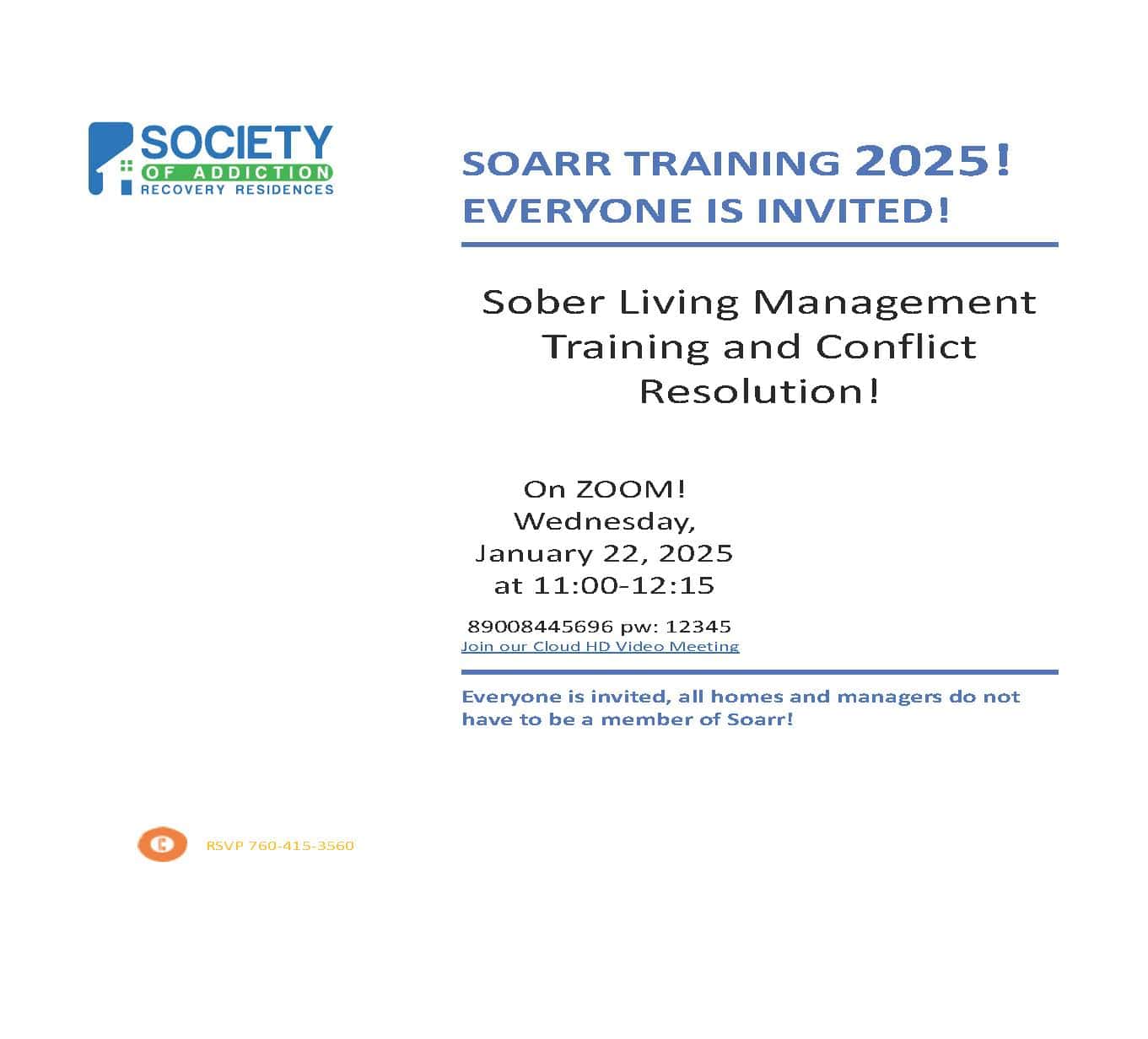Everyone in life is a work in progress, especially those in recovery. Getting “called out” in recovery is part of learning to keep your ego in check and your recovery front-and-center.
It may happen when your sponsor sees you lapse into old behavior or a friend sees you manipulating somebody you love. Everyone has faults and actions that they’re not necessarily proud of. When you’re called out, it’s not because people don’t like you.
Why Are People Called Out in Recovery?
When you’re being called out, it means that somebody sees something in your recovery program that needs some work.
You may have been told in the past that your brain is “broken,” but this isn’t necessarily true. It’s a simplification of what happens when a person becomes addicted to drugs, alcohol, or other destructive behaviors. If an addicted person’s brain is “broken,” then it can be “fixed.” There’s no one “fix” for those in recovery. The truth is that everyone has defects that need to be worked on, regardless of how much time they have been clean or sober. When you are new to recovery, you’re also learning to adjust to life again, but healing takes time.
You might be called out when you’re in denial, practicing old behaviors, or acting in a way that harms yourself and others.
Getting called out can happen in a group setting or one-on-one. It can be humbling or embarrassing to hear that you’re acting in a way that’s not conducive to recovery. It helps to remember that all of life is a learning experience.
If you’re nursing hurt feelings or feel like using when somebody calls you out, then it’s essential to talk about these feelings with your sponsor or a therapist.
Reacting to Criticism
You may not initially respond well to another person’s criticism. A lot of people in recovery have paper-thin emotions. Learning to cope with your feelings in recovery is a part of the process or living without the use of substances.
When the criticism seems true to heart, it’s time to take a look at ways you can change your behavior. After all, acting up doesn’t just hurt your recovery; it can also hurt family and loved ones.
Why you’re called out in recovery, you may have other hurt feelings. If you feel very hurt or that the criticism is unjustified, the first thing to do is try to keep your anger in check.
Sometimes a person may criticize you, and their perception is wrong. It’s not you, but them, who is reacting inappropriately. That’s why it’s helpful to run the situation by your sponsor or other people who know you well. Talk to somebody you trust about your feelings.
If the call-out is wrong, then it’s time to let it go. Take what you need from the situation and leave the rest. Don’t react angrily or argue even if you think the other person is in the wrong.
Living With Others In Recovery
Living with others in recovery can help you build relationships based on honesty and trust. Everyone in recovery needs a strong support network. If you’re interested in learning more about finding housing with other people in recovery, please get in touch at 619-828-2001.





